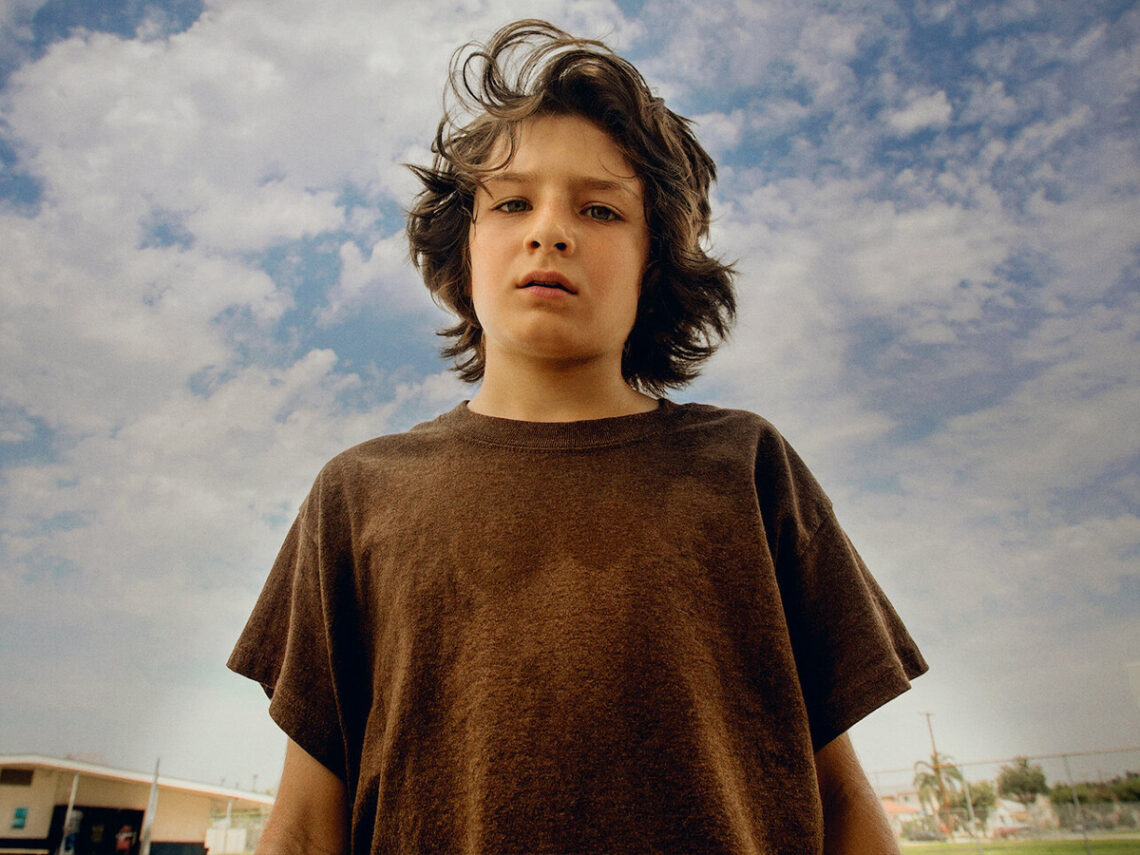
The coming-of-age movie you need to watch before it leaves Netflix
There are very few films out there that have captured growing up in a way that feels personal. They feel relatable even if your own childhood looked nothing like it. Mid90s, Jonah Hill’s directorial debut, is that kind of film. Quiet, messy, and sometimes uncomfortable, it peels back the polished layers of adolescence to show something more raw and honest. The sad part is, it is leaving Netflix on August 1.
The movie follows a 13-year-old boy named Stevie (played by Sunny Suljic). He spends his summer navigating a rough home life, a new group of skater friends, and the blurred lines between belonging and self-destruction. There is no dramatic soundtrack, no big twist, and no neat resolution. Just the slow, awkward, often painful process of becoming someone or trying to.
Mid90s is leaving Netflix on August 1st, and if you have been meaning to watch it, now is the time.
Set in Los Angeles during the 1990s, the film leans into its era without ever turning it into a gimmick. Yes, there are old-school skate videos, oversized T-shirts, and cassette tapes. But none of it feels forced. The references are not thrown at you. They just exist in the background, the way memories usually do. Hill does not try to glorify the decade; instead, he uses it as a backdrop for something far more universal. It is the quiet madness of being a teenage boy who is angry, lost, and desperate to fit in.
What makes Mid90s stand out from other coming-of-age films is how stripped down it feels. It does not rely on big emotional speeches or heavily stylised drama. The dialogue is sparse, and the camera often lingers in silence. You are not told how Stevie feels. Instead, you just sit with him in it. This Netflix film trusts you to figure it out.
It also does not paint anyone as a hero or a villain. Stevie’s older brother is violent and unpredictable, but he is also clearly hurting. His mom is loving but distracted, trying to hold everything together without much support. Even the group of skater friends, who bring Stevie a sense of freedom, are flawed. They offer him connection but also pressure and recklessness. That tension between friendship and harm, loyalty and silence is one of the film’s strongest undercurrents.
What’s more impressive is how much Mid90s accomplishes in just 84 minutes. It never overstays its welcome. It gives you moments. Moments that are short, quiet, ugly and beautiful, and let them speak for themselves. There is something deeply human about the way the story unfolds. No explanations. No grand conclusions. Just a series of choices, mistakes, and brief glimpses of clarity.
It is worth noting that Mid90s is not an easy film. It does not sugarcoat anything. There is underage drinking, peer pressure, and moments that may be difficult to watch. Especially when viewed through a modern lens. But that is also what makes it feel real.
Jonah Hill has said in interviews that he wanted to make a movie that reflects what it felt like to grow up as a teenager surrounded by friends who were figuring things out the hard way. That honesty shows. The film does not ask you to agree with its characters, only to understand them.
As Mid90s prepares to leave Netflix. So, this might be your last chance for a while to sit with it to feel the sting of scraped knees, awkward silences, and the small, unforgettable moments. Those moments that shape who we are. It is not loud or polished or dramatic. But it is real.
And that is exactly why it deserves your time.